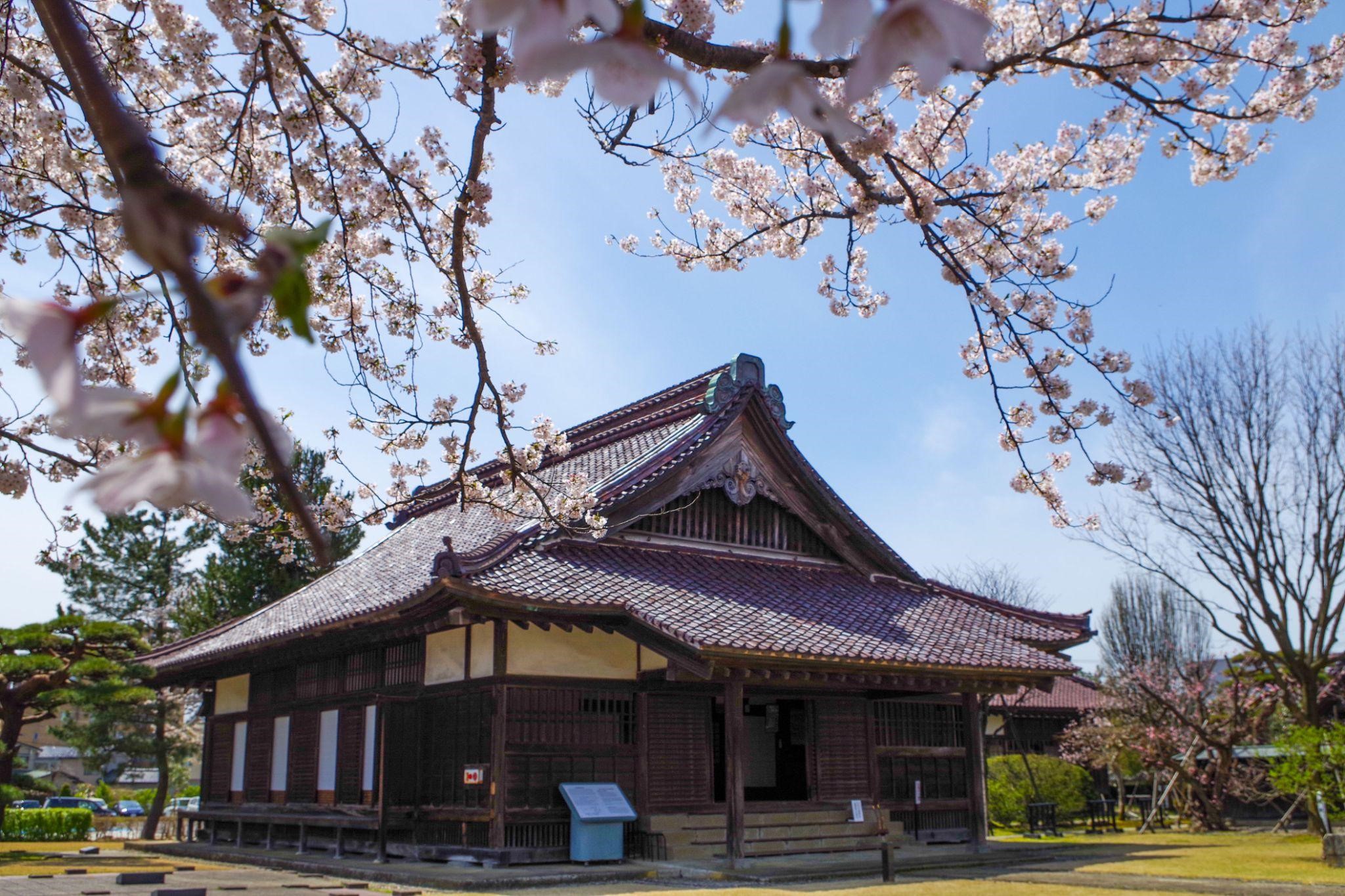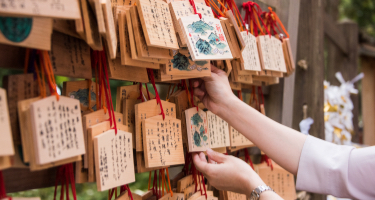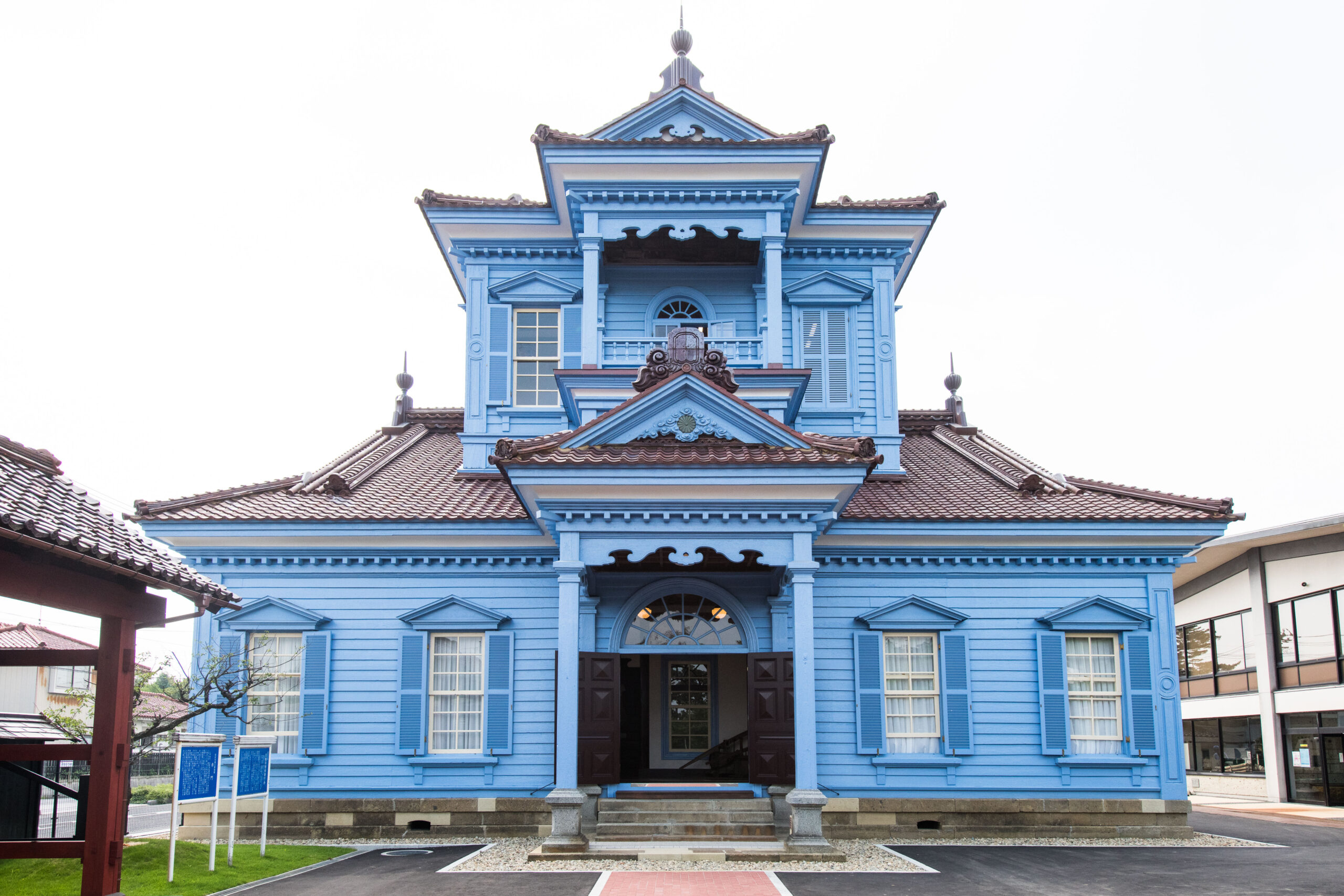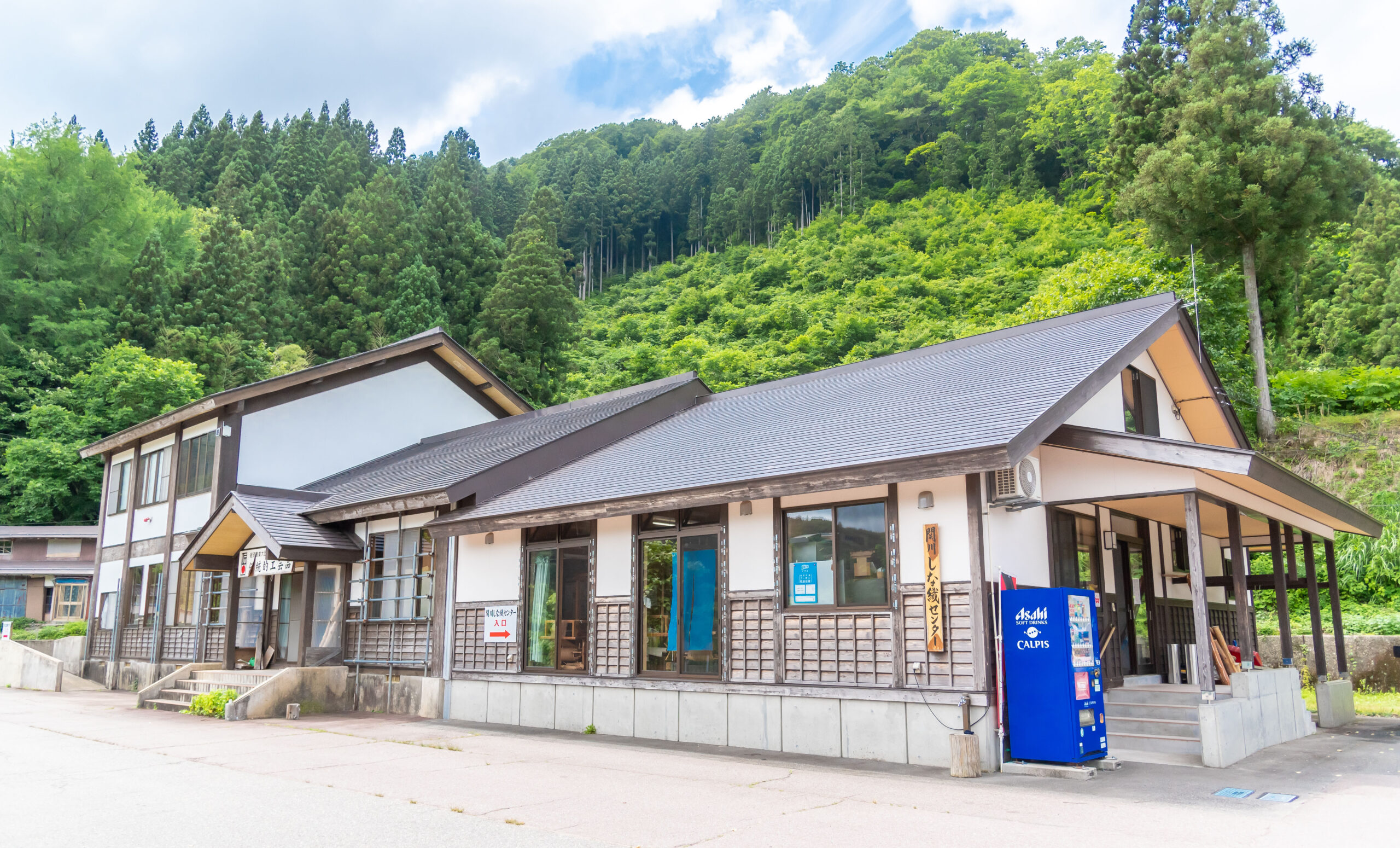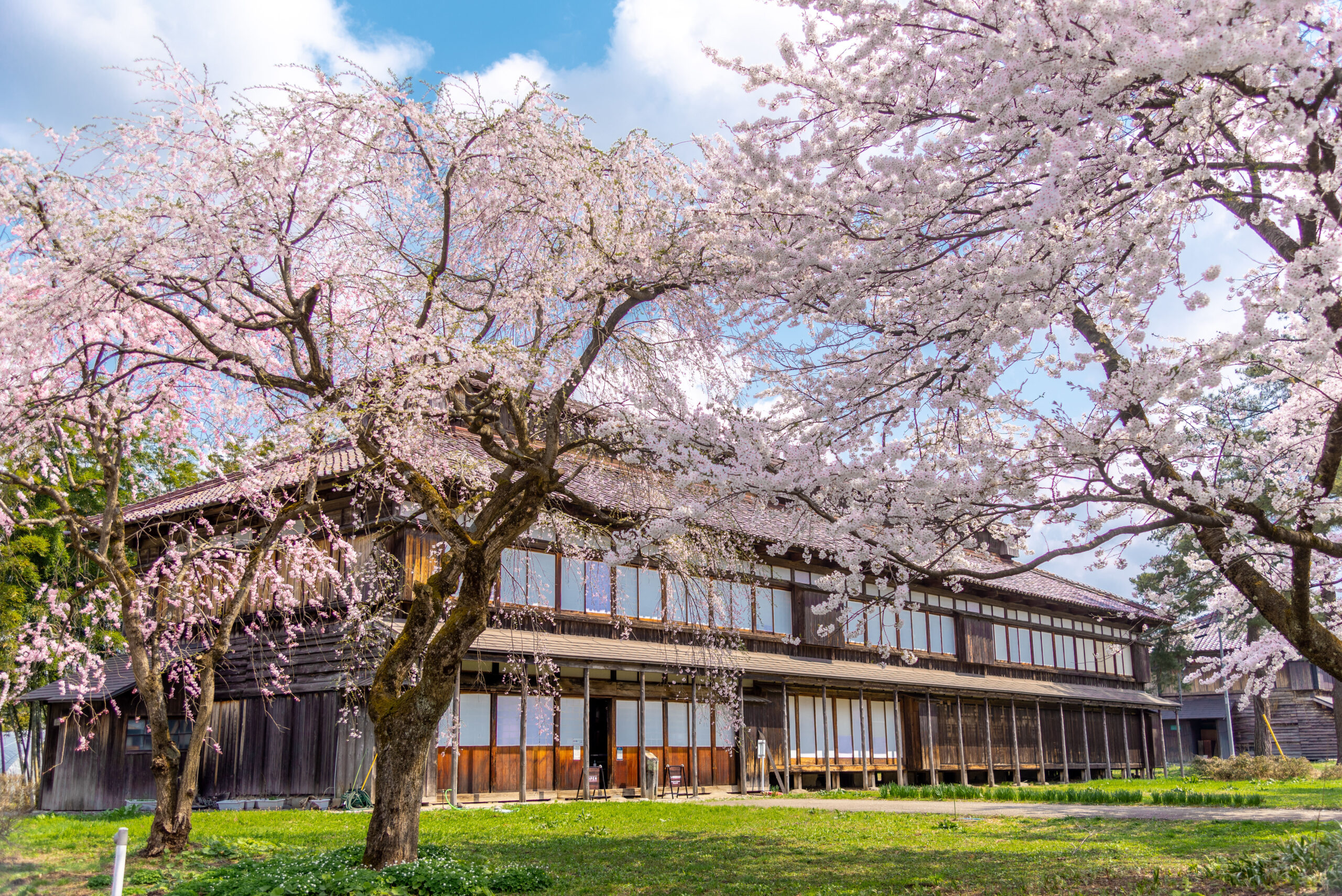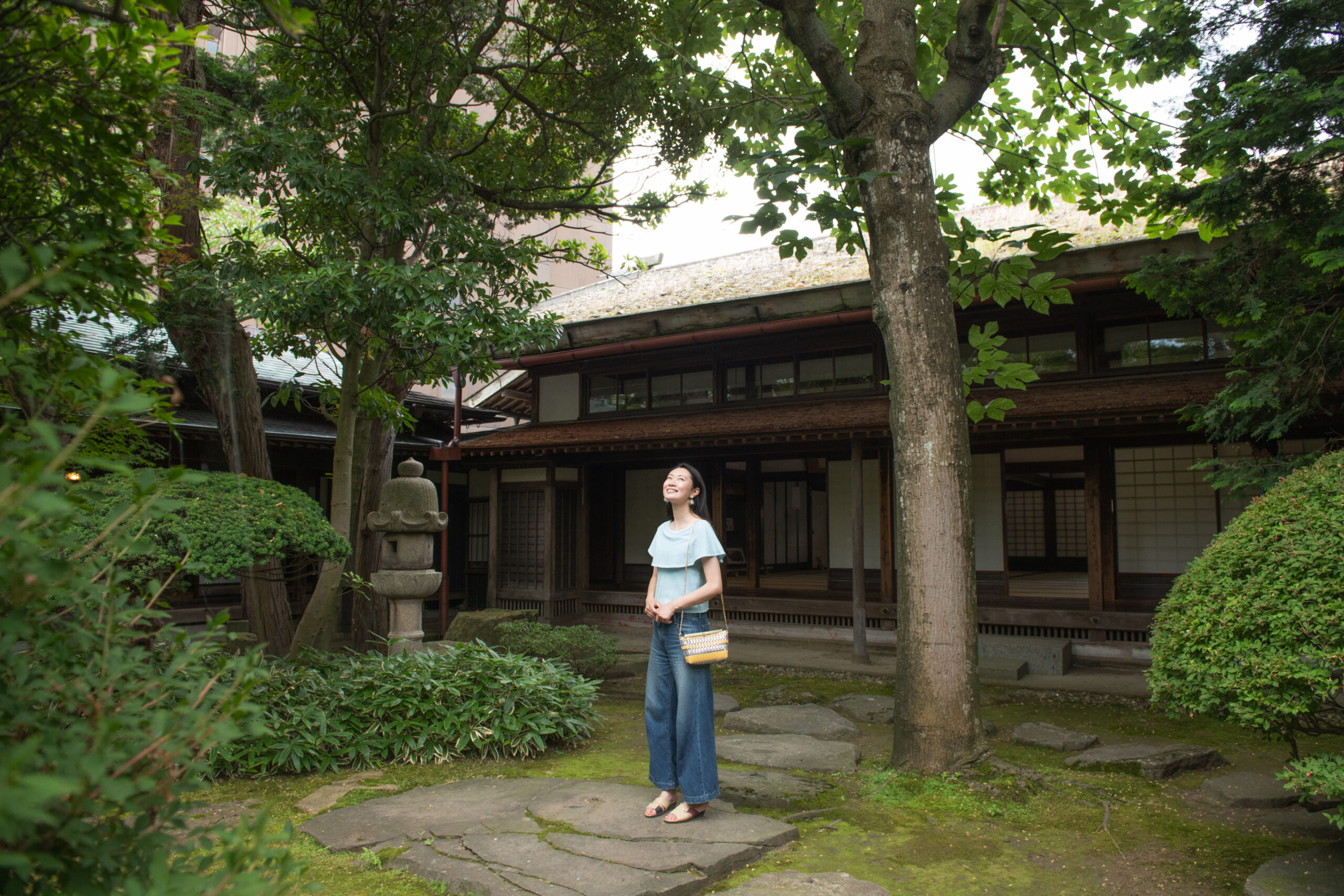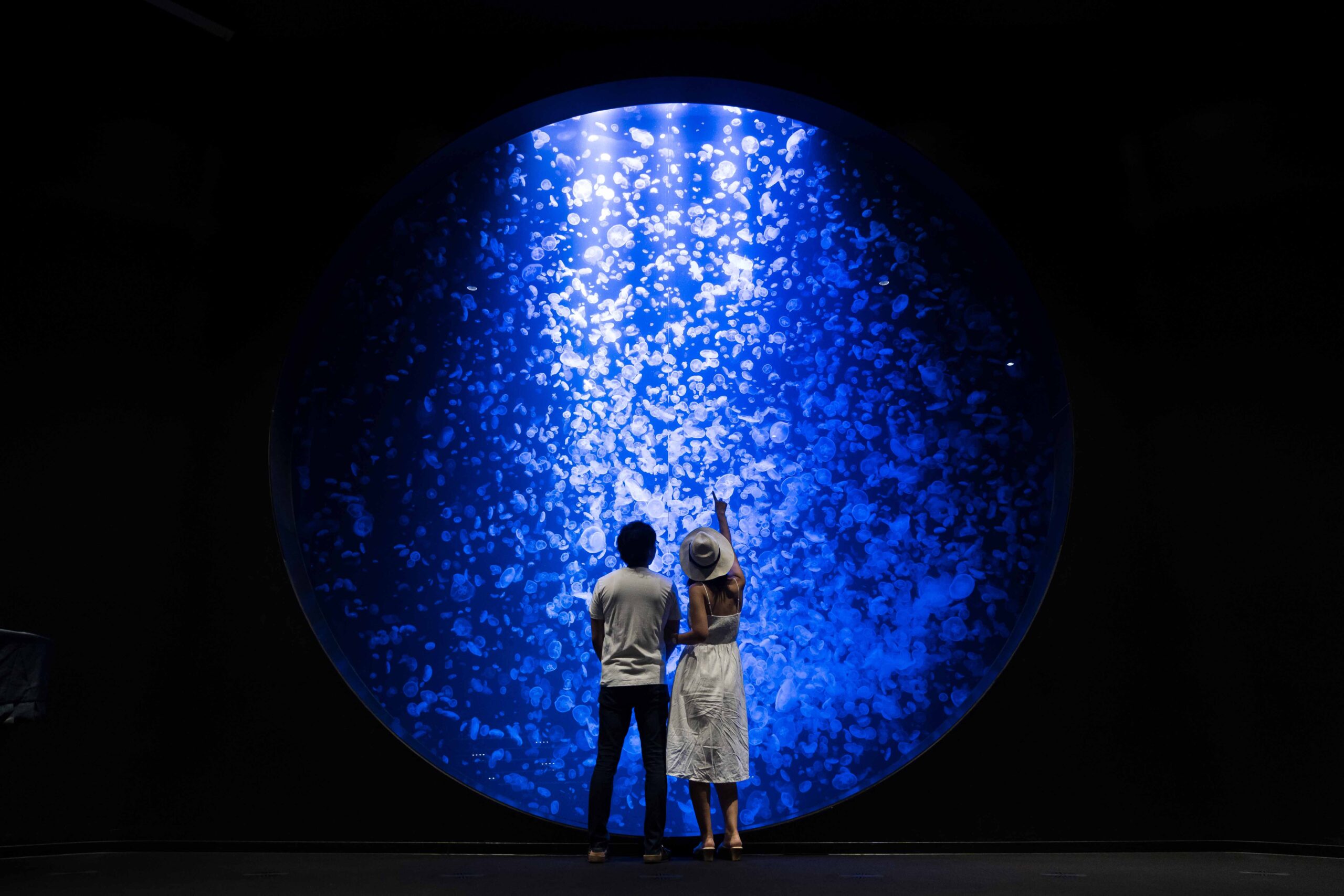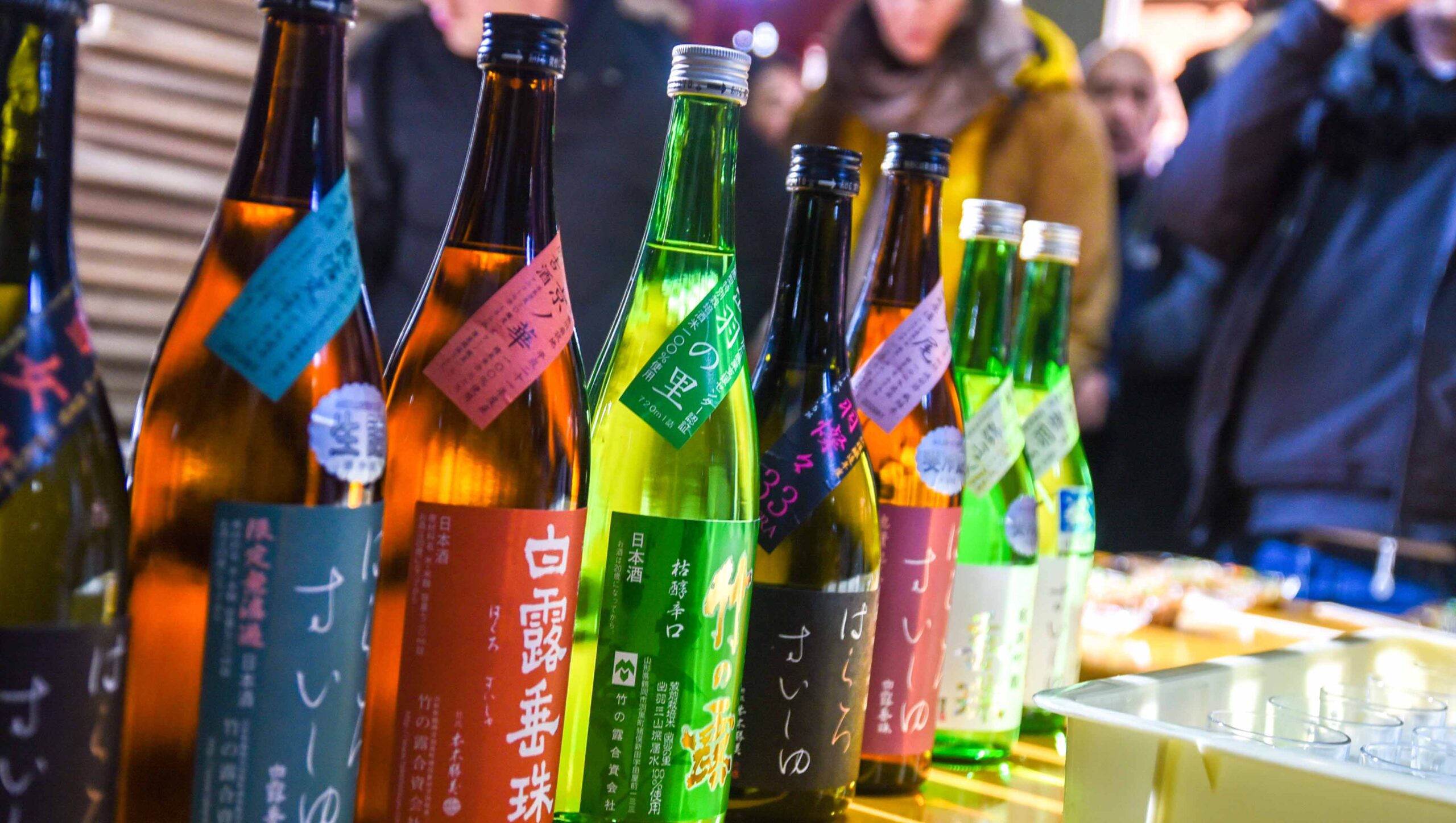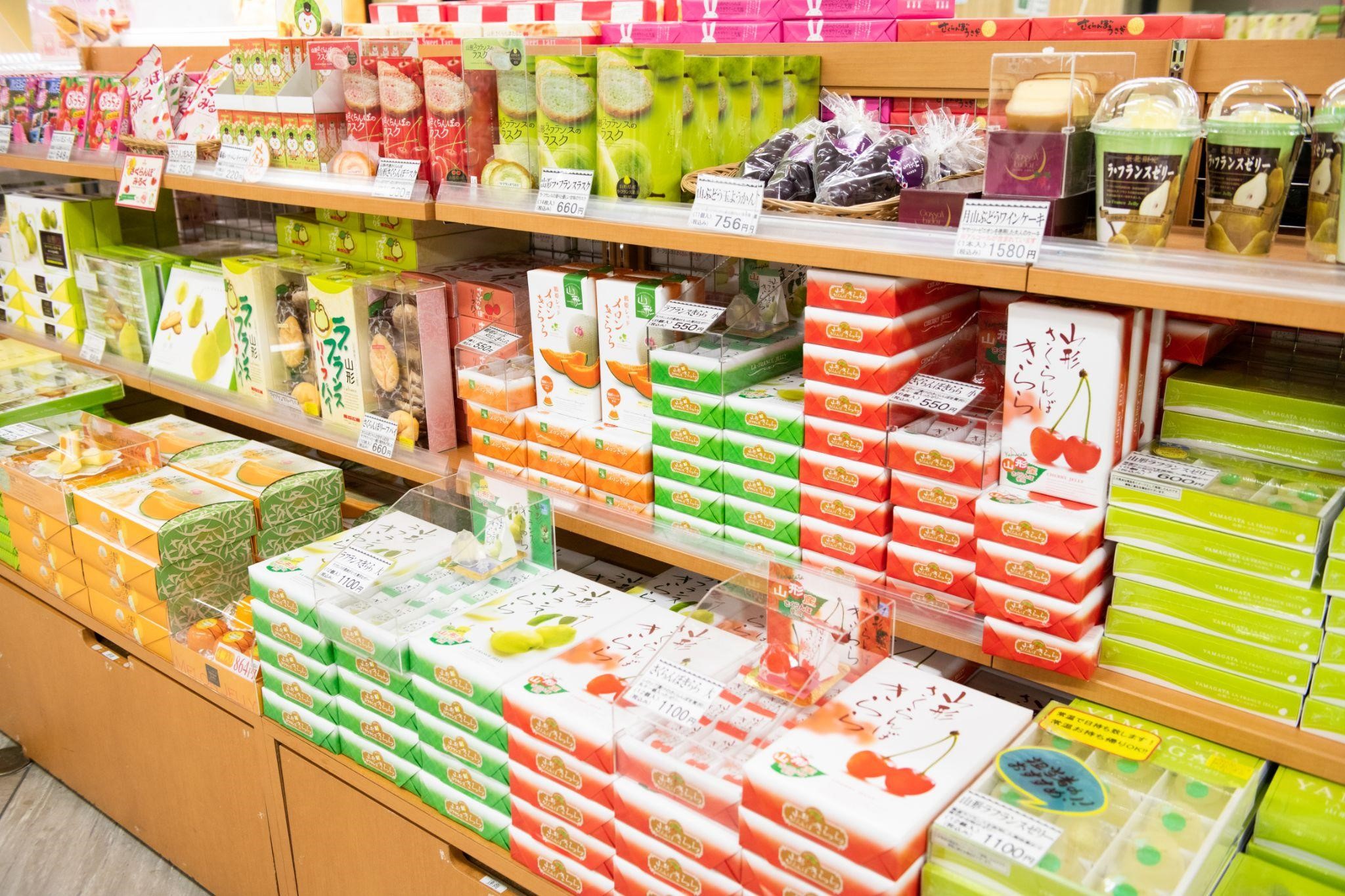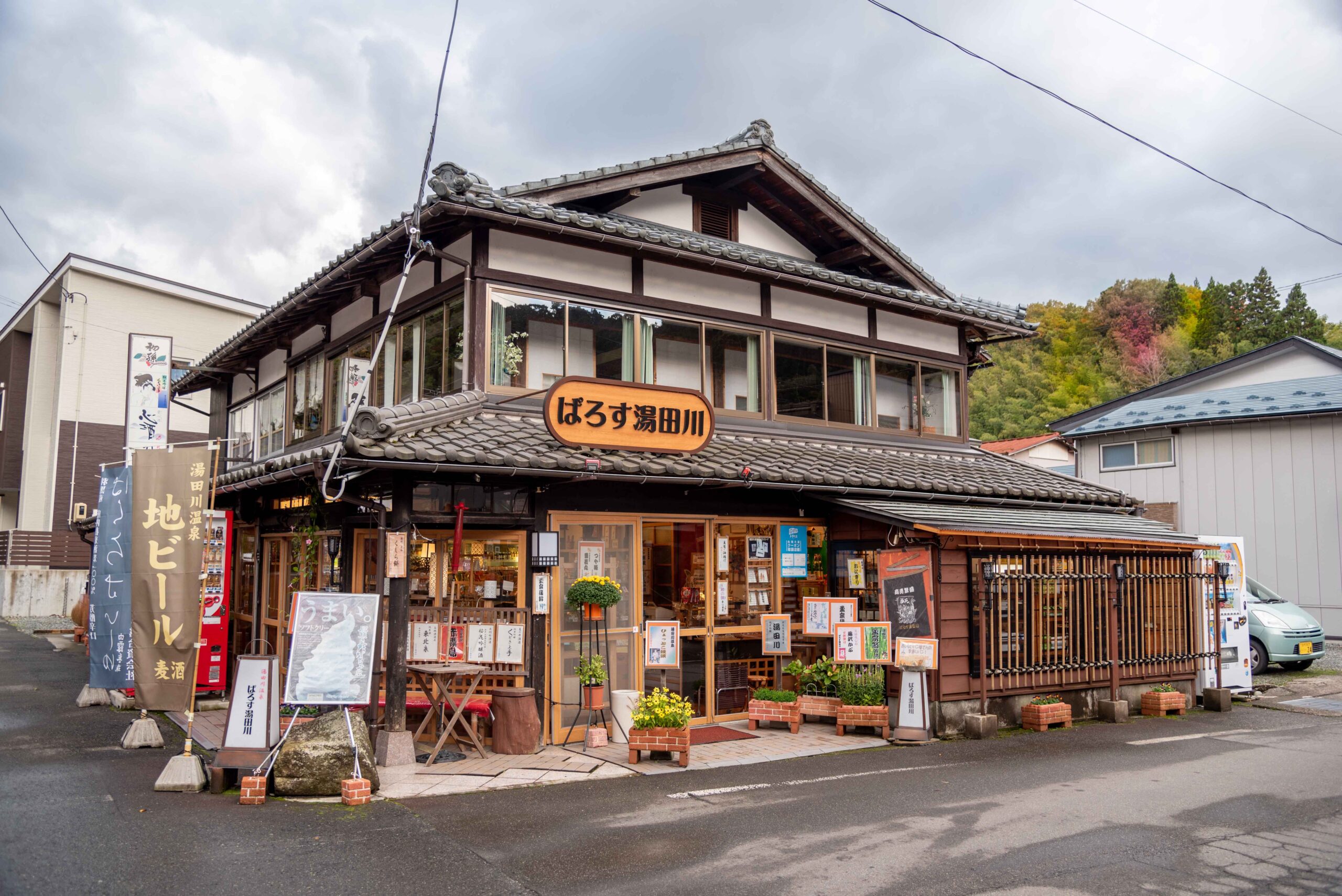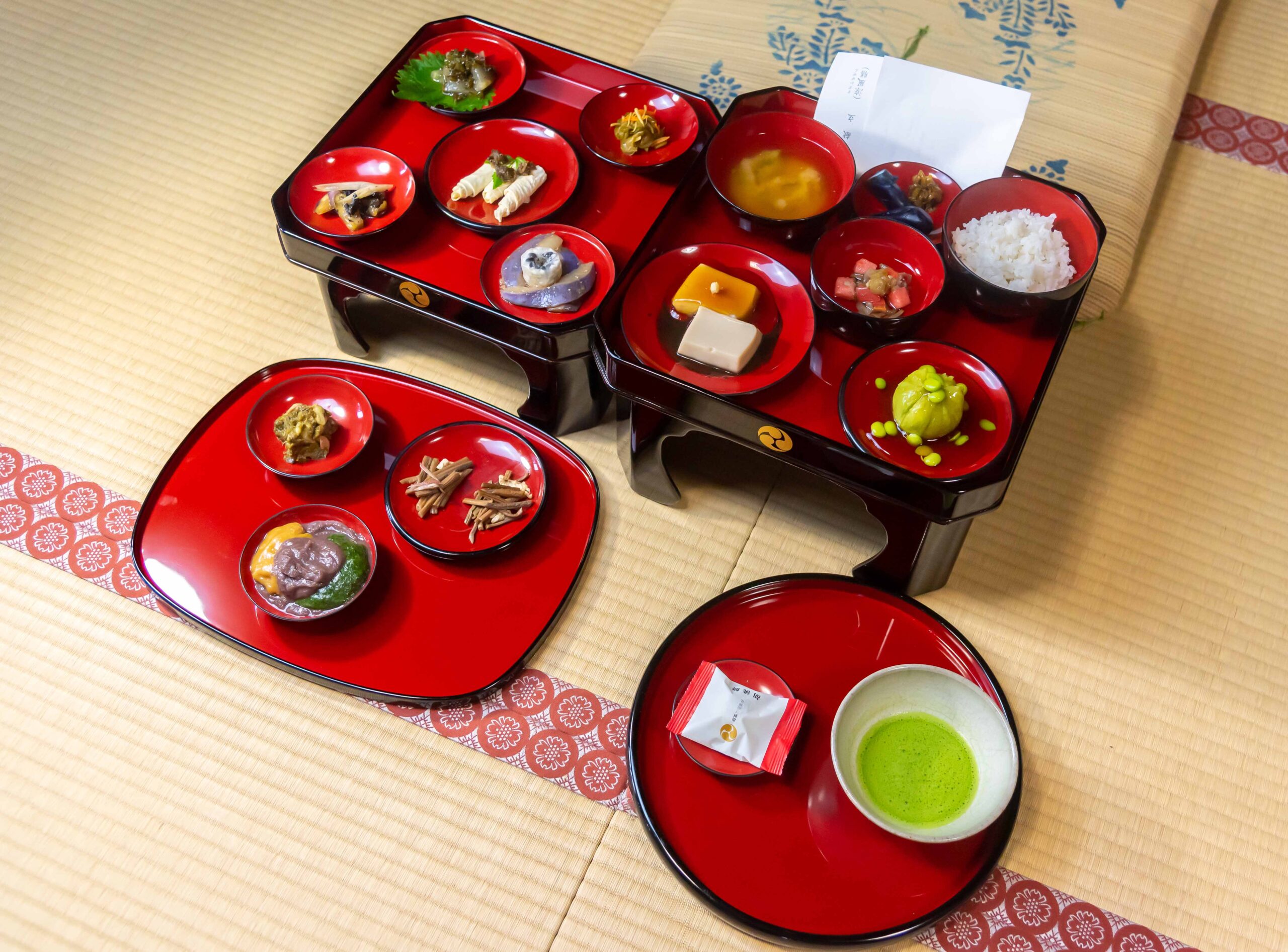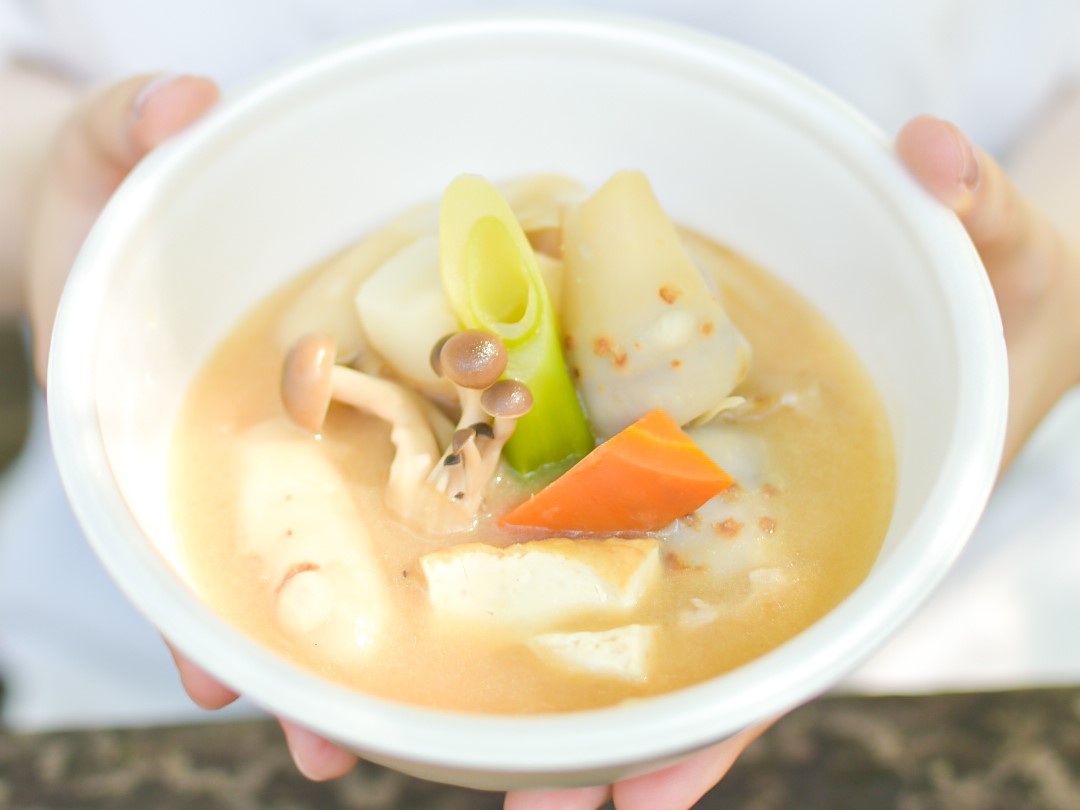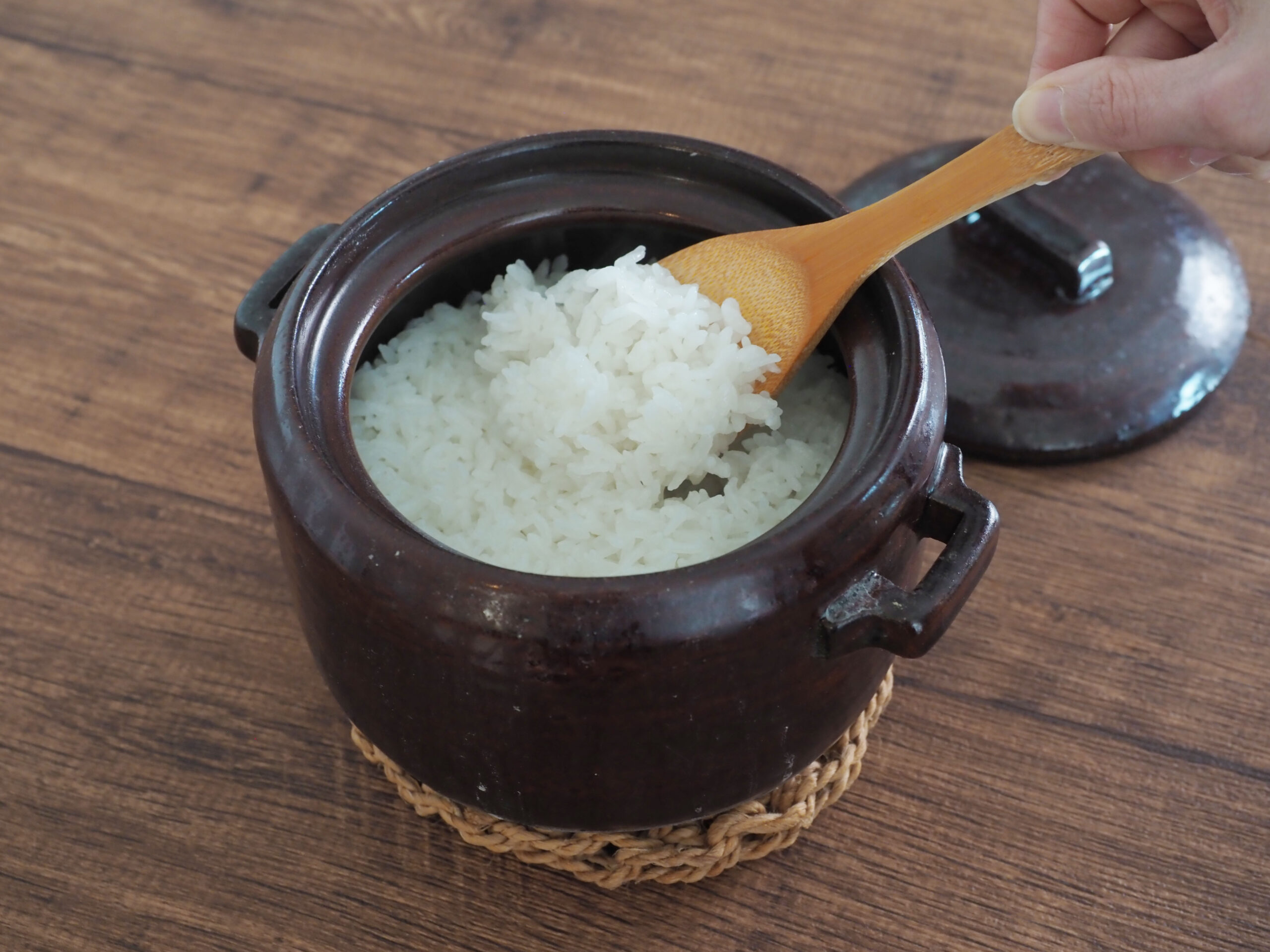The Kazama family, once official merchants for the Shonai Clan in Tsuruoka Castle town, flourished and eventually became the foremost merchants in Tsuruoka, actively contributing to the growth of local industries. In 1826, Kazama Koemon, the seventh head of the family, built the Heishindo as both a residence and a business hub on the grounds of a former samurai residence. This construction, featuring the medicinal doctor gate—a warrior gate dating back around 200 years—effectively preserves the prosperity of that era. With around 40,000 distinctive stone roofing tiles, four storehouses, expansive board rooms, and a central pillar, it offers a valuable glimpse into the opulent history of a prosperous merchant. Recognized as a National Important Cultural Property, it has drawn attention for its historical significance.
About the Heishindo’s merchant house…
The Kazama family’s ancestors were samurai in the Somi Domain of Echigo Province (present-day Yokogoshi Village, Nakakanbara District, Niigata Prefecture). They later became merchants in Murakami and subsequently moved to Sakata. It is said they settled in Tsuruoka in the latter half of the 18th century. Afterward, they operated a textile and lumber store in the Gokamachi area of Tsuruoka Castle town (present-day Honmachi 1-chome), serving as official merchants for the Shonai Clan. By the end of the Edo period, they became the leading merchants in Tsuruoka. In the Meiji era, they turned to moneylending and grew to become one of the largest landowners in the Shonai region, concurrently supporting charitable activities such as child welfare and kindergarten management. In the 1920s, they conducted female education at the Heishindo. Presently, they are actively involved in educational endeavors. In 1896, the 7th head of the Kazama family, Koemon, constructed the Heishindo as a residence and business base (store). It retains the distinct characteristics of a merchant’s residence, including vast board rooms, storehouses, and a medicinal doctor gate from that era. It was named “Heishindo” (meaning the Year of the Fire Monkey) after the zodiac year. The main building faces south towards the road, with a medicinal doctor gate and front storehouses to the south, central storehouses and rear storehouses to the west, and an inner storehouse (safehouse) to the north. It has 19 rooms, totaling 180 tatami mats in Japanese-style rooms, spacious board rooms, and a large central pillar that remains as it was in those days. The building is said to have been constructed as a lesson from the Shonai Earthquake of 1894, with various ingenious features such as trussing the beams over the spacious board rooms into a triangular shape. The main building received designation as a Registered Tangible Cultural Property of the Nation in December of 1996, while the front gate (medicinal doctor gate), various storehouses, and fences were designated as Important Cultural Properties of the Nation in June of 1999. Subsequently, in December of 1999, the main building, various storehouses, toilets, and bathing facilities were designated as Important Cultural Properties of the Nation.
About the Shakado (Buddha Hall)…
Located about 50 meters north of the Heishindo, Muryokoin Shakado is a tea-ceremony-style building constructed with high-quality cedar in 1910 (Meiji 43) as a detached residence for the Heishindo. It served as a hospitality facility for guests of the wealthy merchant. Recognized for its excellent structural design, it was designated as a Registered Tangible Cultural Property of the Nation in February 2002, deemed valuable for studying detached residence architecture. The Kazama family, devoted to the Jodo Shinshu Buddhist faith for generations, adorned the building with the inscription “Muryoko” from the time of its establishment. The 8th head, Koemon, combined the building and the garden, naming it “Muryokoen.” Furthermore, the current head named the building “Muryokoin Shakado” after enshrining a Buddha statue (donated in 1923 by Professor Joji Takayasu of Tokyo Imperial University’s Department of Indian Philosophy). The approximately 2,700-square-meter garden features over 200-year-old Somei Yoshino cherry trees, mountain cherries, drooping cherry trees, azaleas, Japanese maple forests, camellias, and hagi, providing colorful displays throughout the seasons. The most spectacular and beautiful time is said to be in mid-May when white azaleas bloom simultaneously along the artificial hill. Enjoy the distinct atmosphere compared to the Heishindo.
